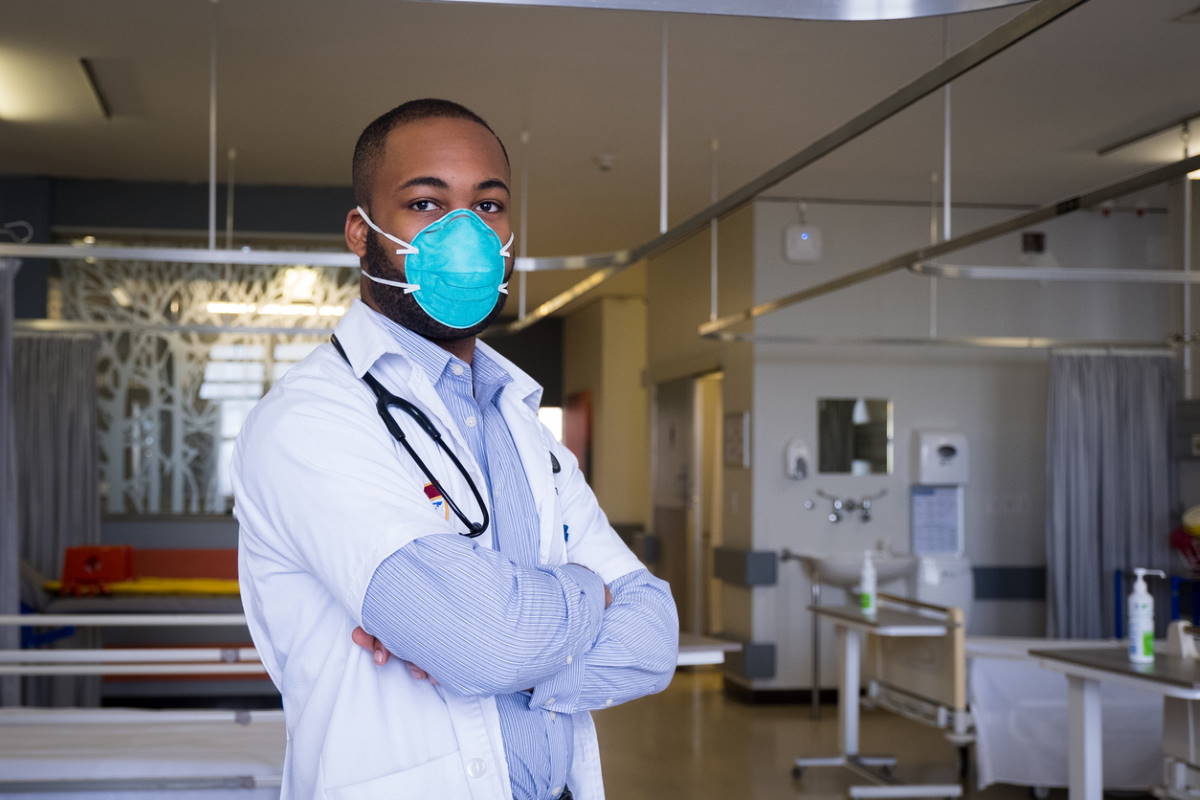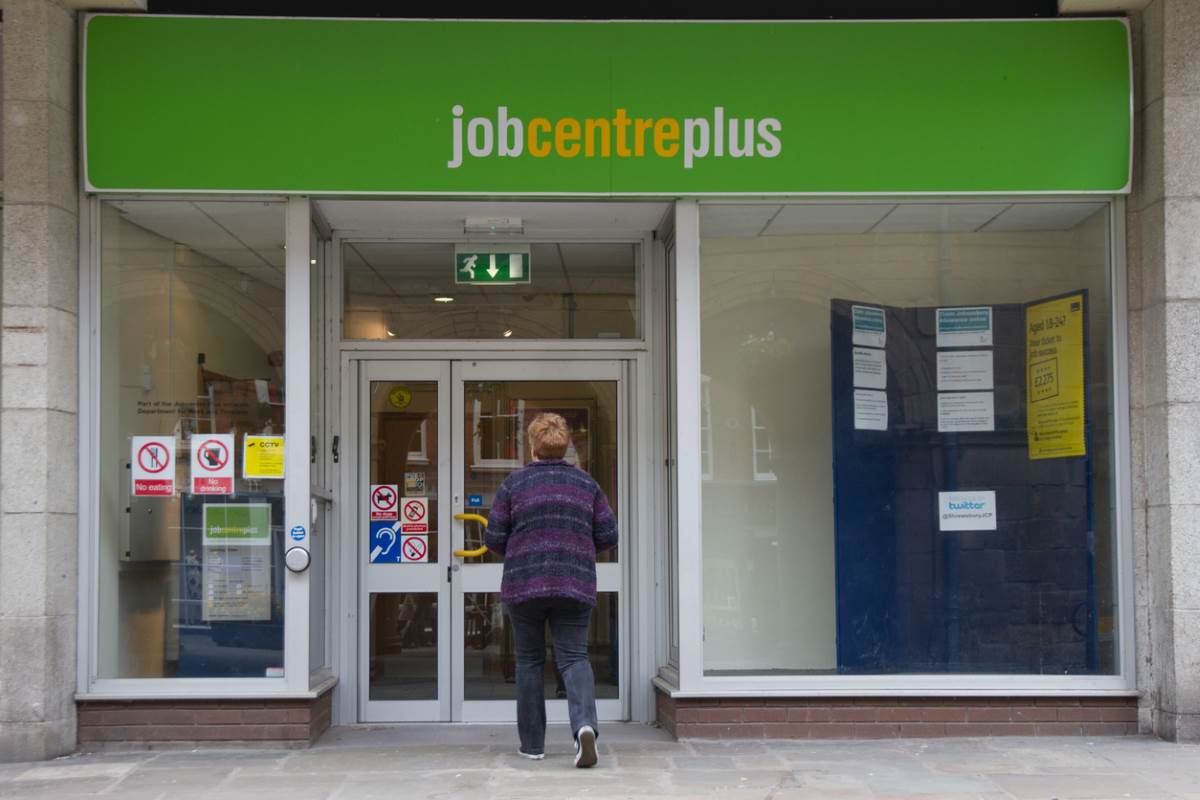The key points of the United Nations’ have issued a policy brief on the effects of COVID-19 in Africa are given below.
Health
The global health response must emphasize solidarity towards developing countries, guided by the notion of health as a global public good. African countries, with partner support, can take measures to improve testing capacities, access to medical supplies, and participation in vaccine and treatment research;
- enhance production and innovation through intra-African collaboration
- expand deployment of community health workers, which proved effective during previous health crises; and
- boost medical personnel capacity, including by tapping into diaspora expertise.
Once vaccines or medical treatment for COVID-19 are discovered, it is critical that Africa benefits from equal access. In addition, these measures must be part of a comprehensive effort to improve the resilience and preparedness of healthcare systems that will be increasingly exposed to risks, from climate-induced natural disasters to conflicts.
Socio-economic
To help address the devastating economic and social consequences of this crisis, we need a comprehensive global response package amounting to a double-digit percentage of global Gross Domestic Product. For Africa, that means more than $200 billion. All of Africa’s partners must mobilize.
We also need an across-the board debt standstill for African countries as well as comprehensive options towards debt sustainability and solutions for structural issues in the international debt architecture. Increased resources from the multilateral lending agencies, including through raising IMF Special Drawing Rights, will also be critical to the region’s success in dealing with the consequences of the pandemic.
It is vital that measures to address the economic and social fall-out of the crisis include direct support that will keep households afloat and businesses solvent. There must be a focus on the most affected. The steps so far taken by African governments to save lives and protect livelihoods with a “people first” approach, and their efforts to support large, medium and small enterprises, as well as the informal sector, which is the predominant sector for women’s employment, need to be scaled up substantially, supported by all partners.
Emergency budgetary support is also needed to procure essential lifesaving materials and effect the immediate socio-economic response.
Food security
Many Africans risk becoming food insecure as a consequence of this crisis. It is important to prioritize agriculture by declaring it a critical sector that should not be interrupted by COVID-19 related measures. Food corridors need to be secured, and farmers supported, to ensure uninterrupted supplies and food security.
Similarly, focus should be on regions and communities where risks are most acute, strengthening social protection systems and safeguarding access to food and nutrition for the most vulnerable groups, especially young children, pregnant and breastfeeding women, older people and other at-risk groups.
Peace and security
While dealing with the menace of the pandemic, maintaining peace and security in Africa remains paramount. Priorities in this regard include silencing the guns, implementing the Secretary-General’s and the African Union Commission Chairperson’s appeal for a ceasefire, sustaining peace processes and critical peace operations.
The response to COVID-19 needs to be “conflict-sensitive” and avoid generating new tensions. Decisions regarding planned national elections should be taken in an inclusive and consultative manner. An inclusive security approach would also ensure that the spike in violence in the home and harmful practices, such as child marriage, and sexual abuse as a result of the pandemic, are integrated through preventive measures into all response planning.
Human rights
Keeping human rights considerations to the fore of COVID-19 response results in better outcomes Citizen trust in institutions, transparency and social cohesion appear to enhance compliance with response measures. Inclusion and participation of women and youth, and respect for human rights need to be upheld in the delivery of COVID-19-related services and in the fight against the virus. Recovery from the crisis must lead to more equal, inclusive and sustainable economies and societies.
The full policy brief is available at: https://www.un.org/sites/un2.un.org/files/sg_policy_brief_on_covid-19_impact_on_africa_may_2020.pdf






